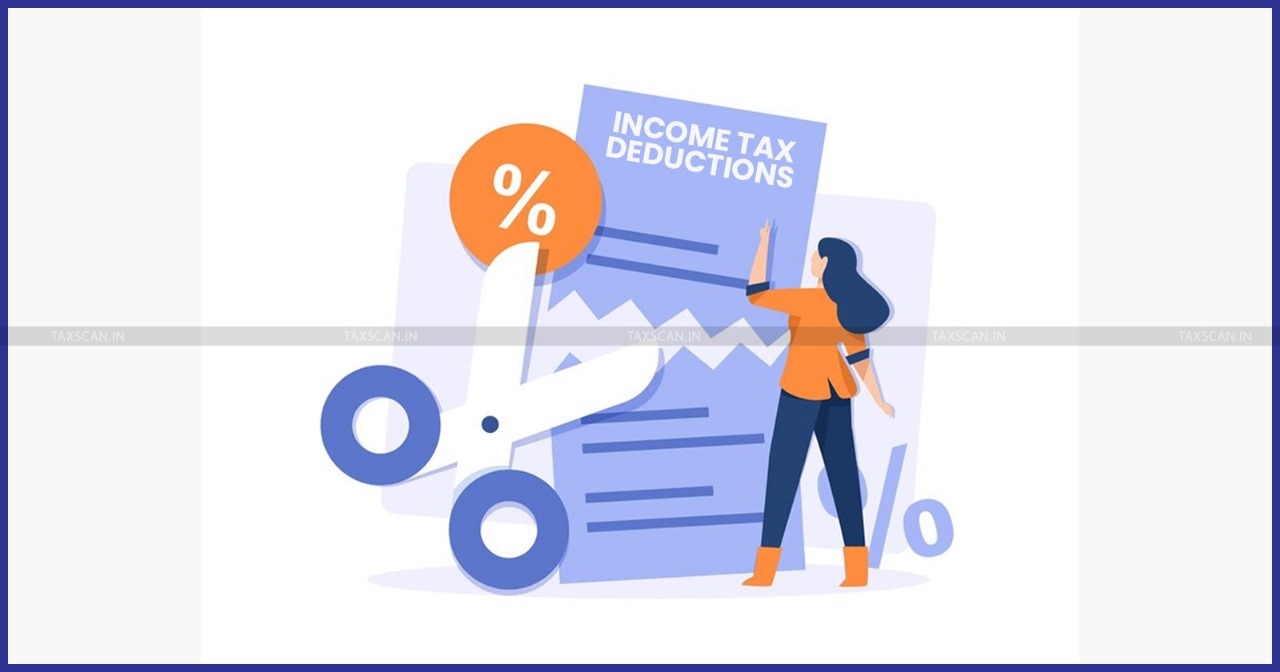Claim of Breach under Article 265 cannot be from a interlocutory order by Assessing Officer: Bombay HC [Read Order]
The bench noted that the message from November 29, 2018, cannot be interpreted as indicating that the Assessing Officer has met the requirements outlined in Section 237 of the IT Act in order to be eligible for a refund
![Claim of Breach under Article 265 cannot be from a interlocutory order by Assessing Officer: Bombay HC [Read Order] Claim of Breach under Article 265 cannot be from a interlocutory order by Assessing Officer: Bombay HC [Read Order]](https://images.taxscan.in/h-upload/2025/06/20/2050885-bombay-hc-forum-conveniens-doctrine-dismiss-trustcaps-income-tax-matter-cause-of-action-at-kolkata-taxscan.webp)
The Bombay High Court held that a claim of breach of Article 265 of the constitution cannot be alleged or sustained based upon a preliminary, prima facie, or interlocutory order and not a final order by assessing officer.
The assessee/petitioner, Fcbulka Advertising Pvt Ltd, is a fully owned subsidiary of Advertisement and Communication Services (Mauritius) Limited (ACSL Mauritius) and is involved in marketing communications and advertising in India. The assessee announced and distributed a dividend to its shareholder, ACSL Mauritius, during the prior year that was pertinent to the AY 2018–2019. Under Section 115-O of the Income Tax Act of 1961, the assessee paid Dividend Distribution Tax (DDT) at an effective rate of 20.358%.
Stay Updated with the Latest Audit Report Formats & Audit Trials Requirements! Click here
Thus, a letter to the Assistant Commissioner of Income Tax was sent requesting a refund of the extra DDT. The assessee claimed in the aforementioned letter that they were required to pay DDT at a rate of 5% only under the India-Mauritius Tax Treaty, but that they had already paid DDT at a rate of 20.358% and were thus entitled to a refund of the excess DDT.
The Assistant Commissioner of Income Tax responded to the assessee's refund claim on November 29, 2018. Based on the aforementioned message dated November 29, 2018, the assessee then requested in a number of letters that the Assistant Commissioner of Income Tax issue the refund together with interest.
 Also Read:Income Tax Deduction u/s 80HHC Had to Be Given Without Reducing S. 80IB Deduction: Madras HC Follows SC Ruling [Read Order]
Also Read:Income Tax Deduction u/s 80HHC Had to Be Given Without Reducing S. 80IB Deduction: Madras HC Follows SC Ruling [Read Order]
The refund claim was denied by the Assistant Commissioner of Income Tax on the grounds that the reply dated November 29, 2018, upon which the refund was requested, was not a statutory order issued under the applicable section of the IT Act and, as a result, could not be implemented. It goes on to say that there is no computation sheet attached, and no section is indicated in the message under which the same is passed.
The bench noted that the message from November 29, 2018, cannot be interpreted as indicating that the Assessing Officer has met the requirements outlined in Section 237 of the IT Act in order to be eligible for a refund. Additionally, it cannot be regarded as a "order" because it takes the form of interlocutory, preparatory, or prima-facie communication. According to the interpretation of the communication dated November 29, 2018, Respondent No. 1 first believed the claim to be accurate after preliminary verification.
The Division Bench, consisting of Justices M.S. Sonak and Jitendra Jain observed that if the communication dated 29 November 2018 is an order, it being like a preliminary, prima facie, or interlocutory order and not a final order, the Petitioner cannot base their claim on this communication to allege breach of Article 265 of the Constitution. The communication dated 29 November 2018 is based on preliminary verification and is subject to processing, and therefore, it is in the nature of a preliminary/prima facie/interlocutory order.
While granting the appeal, the bench stated that the communication dated November 29, 2018, could not be regarded as a final decision leading to a final "order" under Section 237 of the IT Act admitting the entitlement to a refund of the excess DDT because it does not explicitly state the Petitioner's entitlement to the refund claim.
Support our journalism by subscribing to Taxscan premium. Follow us on Telegram for quick updates


